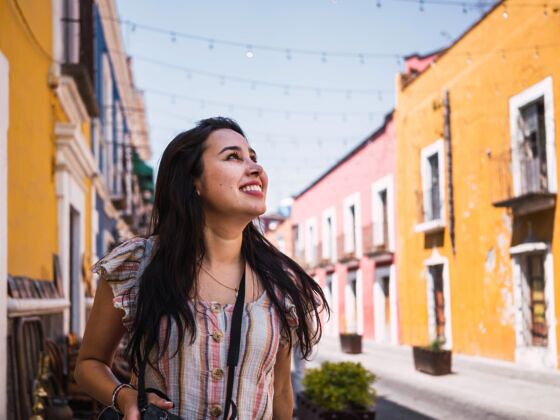Stephanie Elizondo Griest aptly describes herself as a “globe-trotting nomad,” having traveled through more than 30 countries and 47 of the United States.
Her extensive travels have included stints hanging with the Russian Mafiya in Moscow and editing the English language propaganda of the Chinese Communist Party in Beijing.
